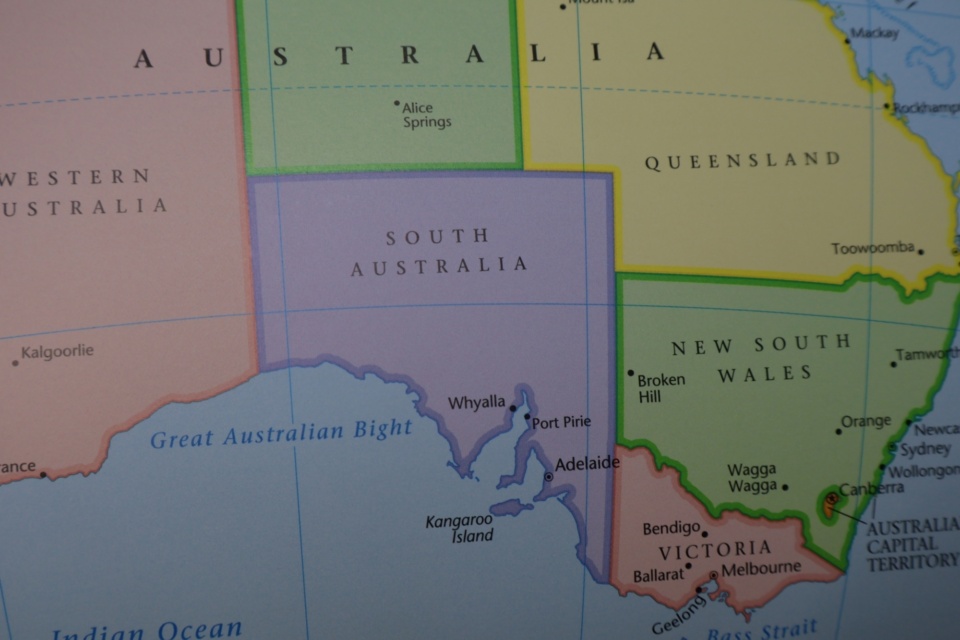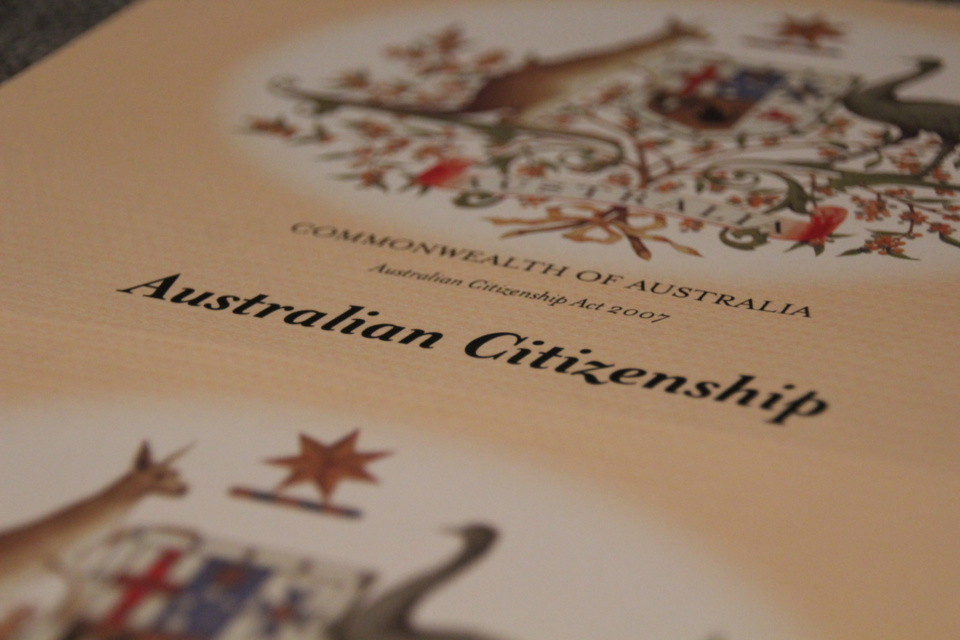
One Nation’s chances as a dominant conservative party are piñata-like
Posted on 11 Feb 2026
Opinions polls insist Pauline Hanson's fortunes are on the rise, but it is likely that enthusiasm…
Posted on 16 Jul 2023
By Denis Moriarty, group managing director, Our Community

There’s been a lot of fuss recently about accounting firm PricewaterhouseCoopers’ approach to tax law.
The story, briefly, is that a PwC partner was asked by the Australian Taxation Office to help the federal government design tougher multinational tax laws.
The PwC member signed confidentiality agreements with the Australian government, but still fed intelligence on the government plans to PwC personnel in Australia and abroad. PwC used that information to give US companies an early warning of the changes and advise them of ways around them.
It almost goes without saying that making a lot of fuss about a multinational vampire squid firm like PwC (and why is Mr Waterhouse having to make do with a lower-case moniker? Did he vote Labor at some point in his life?) is a great improvement on making a lot of fuss about unions, say, or youth gangs, and I can’t deny that seeing PwC trying to wipe dog poo off its boots with the host’s damask tablecloth gives me a lot of pleasure, but I still feel that we may here have got hold of the wrong end of the stick.

What the government had been trying to do, after all, was to identify some kinds of tax evasion and made them illegal. If the government had managed to achieve that, it wouldn’t have mattered what PwC’s moles had told their clients: finding a way around would have been illegal, and they wouldn’t have been able to do it.
No, the only point of telling PwC clients about the issue at all is that the legislative drafters had apparently left a gap in the minefield, meaning PwC could lay out a white tape and shepherd multinationals along it – a way to do more or less the thing that the ATO was trying to stop while avoiding legal sanctions. If there was such a gap, then it wouldn’t be illegal, except for that awkward confidentiality agreement, to recommend it to clients, and it wouldn’t be illegal for the fat cats to dance through it singing rugby songs and making obscene gestures at the public servants on either side.
When I say that we’ve got the wrong end of the stick, I mean that the stick seems to be being laid across the shoulders of PwC exclusively, rather than across those of the unprincipled antisocial exploitative companies that benefited from its misfeasance.
Did these possible workarounds come up in the ATO discussions on the new laws? Did PwC put forward a flawed fix, one that left loopholes, or did it just make a note on its cuff when the loophole appeared? Why didn’t the public servants across the table notice PwC’s eyes light up at section (II)(d)(2)(iv), and resolve to have another look at that paragraph?
Pushing the stick a bit further in, why can’t we fix the problem now? Why can’t we have a keen posse of legislative correctors putting out weekly updates to the tax laws every time a gap becomes evident?
Australian courts tend to look at the precise terms of an Act and take very little notice of the intentions of the parliament that passed it or the government that produced it. It’s a system designed to protect humble citizens against government tyranny, and as such it’s not much chop for reducing overmighty subjects who can outlawyer most governments.
There’s something to be said for the tax system operated by one medieval ruler, as reported by novelist Norman Douglas in South Wind. It was strikingly informal. You paid each year as much tax as you thought was fair and right. The amount was entirely up to you: nobody would dream of pressuring you on the topic. You took it in to the court on the first of July in a little bag and spread it on the table in front of the Duke, and if he didn’t think it was enough he signalled a flunkey to cut your left hand off.
On the whole, people preferred to err on the side of safety, and most of them kept their hands.
If it is that hard to close these loopholes, can’t the government at least let us launch our own assaults against the people who are taking advantage of our Treasury?
Never mind, for the moment, the names of the PwC partners who knew about the scandal: what are the names of the multinationals who were advised to take advantage of it? How much tax do they pay? By definition, almost, they haven’t done anything illegal, but that doesn’t mean we should still be doing business with them.
I want an Australia that works, and that’ll cost money – taxes, in fact. Companies that aren’t willing to pay that price should be put to the question until they are.
Denis Moriarty is group managing director of Our Community.
We're proud to take a stand on progressive issues. Here's a taste of our commentary.

Posted on 11 Feb 2026
Opinions polls insist Pauline Hanson's fortunes are on the rise, but it is likely that enthusiasm…

Posted on 28 Jan 2026
This year’s Adelaide Writers’ Week began with the cancellation of a talk by Palestinian-Australian…

Posted on 17 Dec 2025
Posturing by the US president about Europe's immigration policies, even warnings of future…

Posted on 03 Dec 2025
If you wanted an example of the problems inherent in federal systems, you couldn’t do better than…

Posted on 19 Nov 2025
When it comes to loyalty to car brands, it can be confusing who we should support, and, even more…

Posted on 05 Nov 2025
Before the Prime Minister gets too excited about his recent meeting with the American President, he…

Posted on 14 Oct 2025
The idea of "long term" is not something that sits well in the social media era, yet governments…

Posted on 30 Sep 2025
I am proud of what Our Community, and its exceptional team, have achieved in the past 25 years. As…

Posted on 16 Sep 2025
Happy Australian Citizenship Day! To mark the occasion, Our Community leader Denis Moriarty takes…

Posted on 02 Sep 2025
Words live, evolve, and sometimes die. Some words are invented from scratch, some are old words…

Posted on 26 Aug 2025
The cost of the National Disability Insurance Scheme (NDIS) is climbing relentlessly – $44 billion…

Posted on 04 Aug 2025
The new leader of the Liberal Party, Sussan Ley, wants to increase the proportion of women…